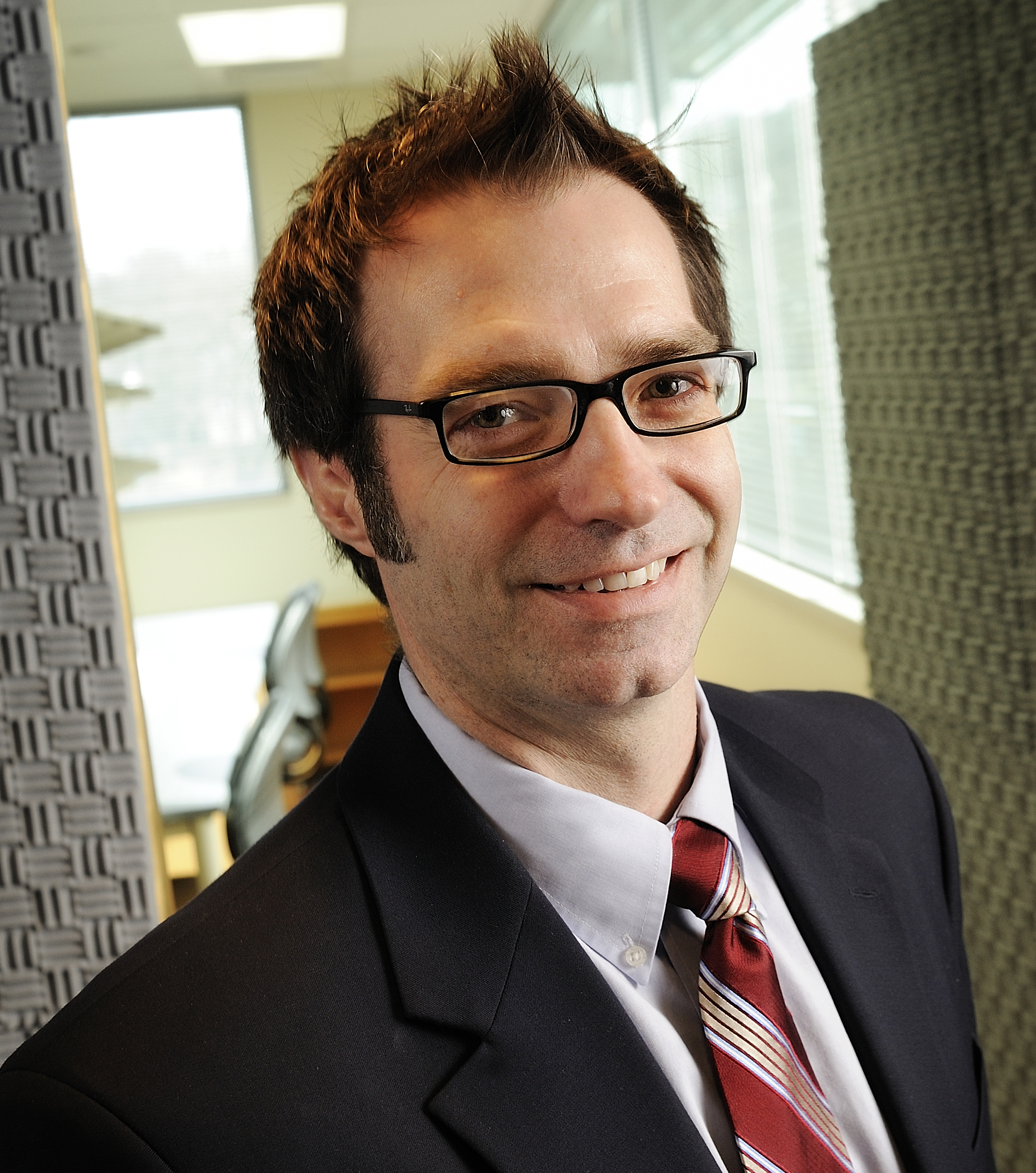Discoveries on medical uses of ultrasound to be presented to London's Royal Society

Jamie Tyler, assistant professor in the Virginia Tech Carilion Research Institute and the Virginia Tech-Wake Forest University School of Biomedical Engineering and Sciences, has been invited to speak at a Royal Society of London high level workshop on May 11-12 on the security implications of advances in neuroscience.
The workshop is part of a four-part policy study on neuroscience and society called Brain Waves. This third module, entitled Neuroscience, conflict and security, focuses on the international security implications and associated policy issues related to applications of advances in neuroscience and neurotechnology to the enhancement, manipulation, or degradation of human performance. The project is overseen by a Royal Society Working Group.
The technical sessions of the roundtable will focus on neuropharmacology, functional neuroimaging, and neural interfaces. As part of the the Mind Machine Interface session, Tyler will speak on the potential medical uses and concerns regarding emerging technologies for selectively activating or inactivating populations of dysfunctional nerve cells within the brain in order to develop effective non-invasive therapies for treatment of neurological and psychiatric disorders, such as ultrasound and transcranial magnetic stimulation.
Tyler’s group studies the fundamental properties of synaptic transmission and how best to control neuronal activity for making nervous systems more efficient. His research includes the development of low-intensity ultrasound for the treatment of such brain disorders as epilepsy and Parkinson's disease.
He also recently gave an invited talk on "The Future of Therapeutic Neurostimulation and Brain-Machine Interfaces" and chaired a session chair at the International Society for Therapeutic Ultrasound annual meeting, held in New York City.
The society is a non-profit organization founded in 2001 to increase and diffuse knowledge of therapeutic ultrasound to the scientific and medical community, and to facilitate the translation of therapeutic ultrasound techniques into the clinical arena for the benefit of patients worldwide.
"These are important discussions about mechanisms, applications, safety and policies around powerful new approaches for modulating electrical activity in the brain. This is an emerging area of interest at the interface of science and society and we are enthusiastic to have one of our leading biomedical researchers in neurotechnology, Dr. Tyler, playing a key role in this dialogue," said Michael Friedlander, director of the Virginia Tech Carilion Research Institute.




